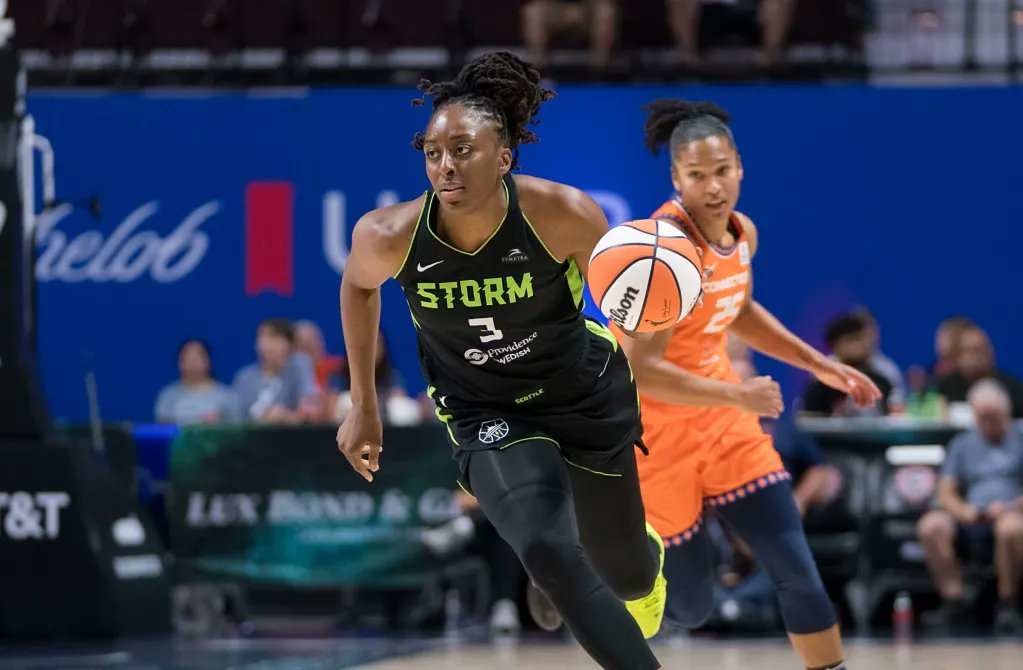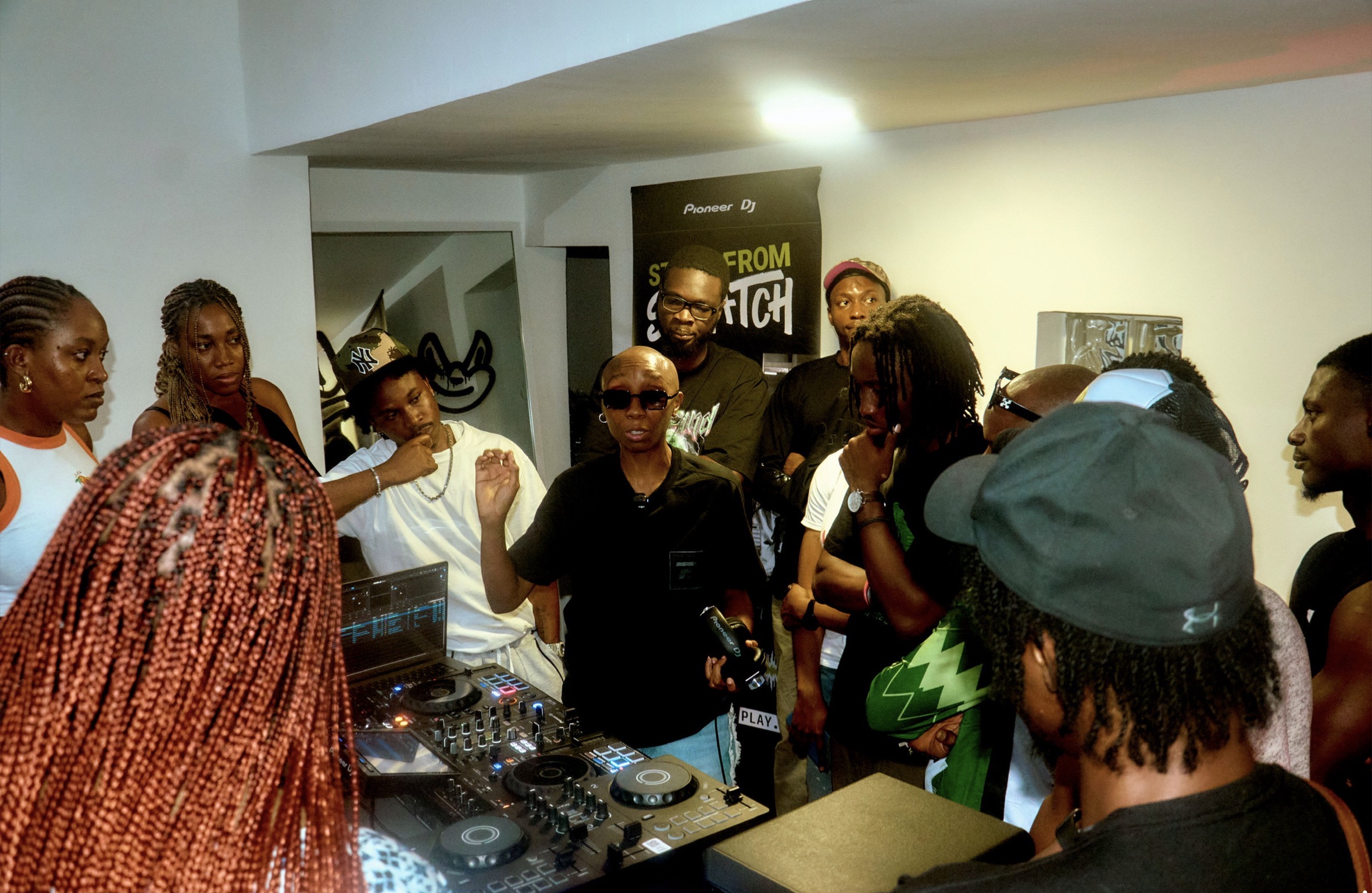In a development that has drawn significant attention in women’s basketball, the International Basketball Federation (FIBA) has once again denied the eligibility of Nneka Ogwumike to represent Nigeria in international competition. This marks Ogwumike’s third unsuccessful attempt to play for the D’Tigress, Nigeria’s national women’s basketball team, and effectively closes the door on her participating for Nigeria at the upcoming Women’s World Cup and the 2028 Los Angeles Olympic Games under the Nigerian flag.
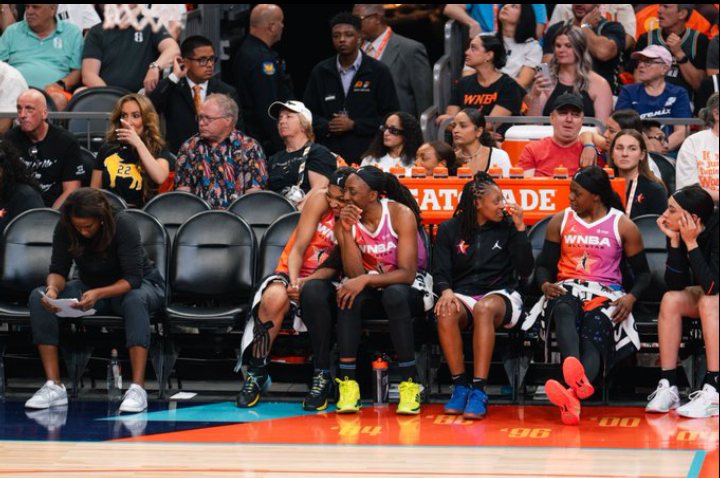
A Storied Career Meets a Complex Eligibility Battle
Nneka Ogwumike, a decorated veteran of the WNBA and one of the sport’s most recognizable names, has a legacy that spans all aspects of basketball excellence, on the court, in leadership, and as an ambassador of the game. Born in the United States to Nigerian parents, she has long spoken of her desire to honor her heritage by representing Nigeria internationally.
However, her path has been repeatedly blocked by the complex eligibility rules set by FIBA. On this occasion, as on two previous ones, FIBA declined her request to switch eligibility from the United States to Nigeria. For her, the decision is more than simply missing an international tournament. It touches on identity, service to two basketball-loving nations, and the intersection of global sport with personal heritage.
The Reasons Behind the Denial
While FIBA’s whole public reasoning remains sparse, reports point to a combination of factors that influenced the ruling. The first is Ogwumike’s history of participation with the U.S. senior national team in earlier competitions. FIBA rules discourage switching national teams if an athlete has already competed for one country at major FIBA events.
Another factor was the timing of her applications. Her first attempt came ahead of the Tokyo 2020 Olympics and was rejected for being too late in the process; her second attempt came ahead of the Paris 2024 Games and similarly missed key deadlines.
FIBA’s “one-switch” limitation also played a role. Once a player represents one country in a senior competition, switching becomes much more difficult unless specific exceptions are granted, exceptions that are rarely applied.
According to Ogwumike, she has accepted the decision both emotionally and professionally, stating that after her second appeal, she had made peace with the situation. By the third attempt, she said she simply wanted to know she had given it her all. “I gave it an honest try,” she explained, “and I feel fine about it. There are just certain things you can’t control.”
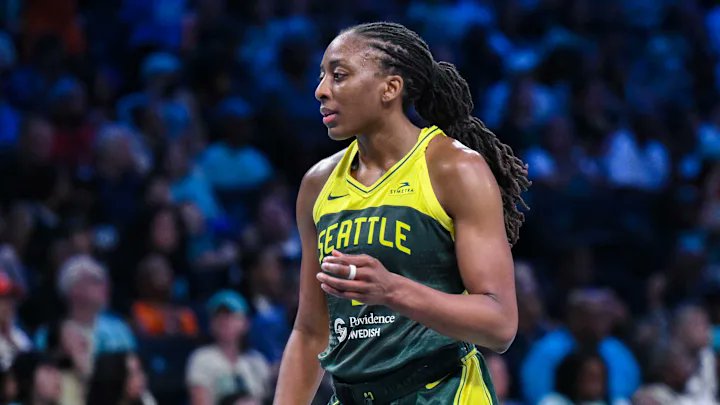
What This Means for Nigeria’s Team
For the D’Tigress, the latest decision closes one high-profile opportunity to further strengthen the squad with one of the game’s elite players. Nigeria has in recent years emerged as a serious force in African women’s basketball, and its international performances have improved with each major tournament.
While the team continues to excel with an increasingly strong roster, the addition of Ogwumike would have brought not only on-court talent but also world-class experience and global attention. Her presence could have boosted Nigeria’s competitiveness on the world stage and inspired a new generation of players in the country and across the diaspora.
From Nigeria’s perspective, the denial underscores the rigidity of international eligibility frameworks. The federation had hoped that Ogwumike’s dual nationality through her Nigerian parents and her strong willingness to represent the country would qualify her under the “country of origin” exception that FIBA sometimes allows. Unfortunately, that did not happen in this case.
Ogwumike’s Reflection and Broader Implications
Ogwumike’s journey is not just about her individual dream; it’s a broader case study in how diaspora athletes navigate the intersection of identity, nationality, and global sport. She has often spoken about how this process is about more than basketball; it’s about how governing bodies interpret dual citizenship, ancestral ties, and the modern reality of global movement.
She expressed hope that her experience would “shed light on how players choose their nationalities when they want to represent their country.” For her, it’s a conversation about fairness, representation, and the recognition of heritage.
Ogwumike also revealed that when she and her sisters were younger, they were advised by U.S. basketball officials not to acquire other passports, including Nigerian ones, as it could complicate their chances of representing the United States. This advice, given years ago, inadvertently became a barrier later in her career when she sought to play for Nigeria.
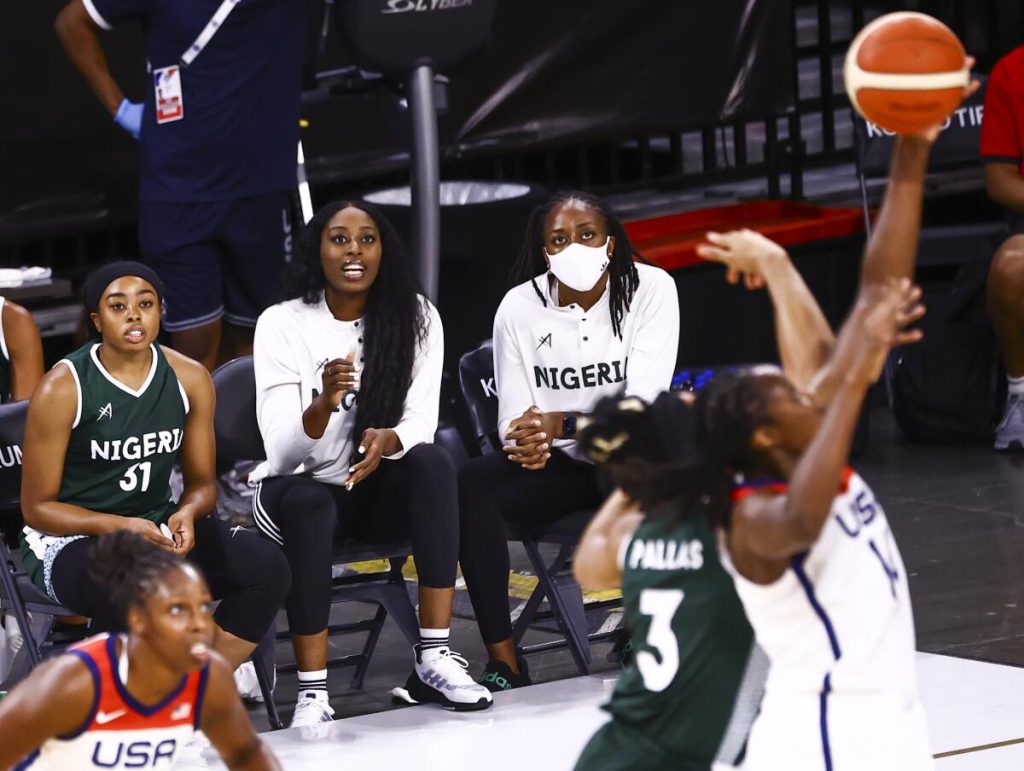
The Rules in Context
To understand why FIBA denied her request, it’s essential to look at the eligibility framework that governs such cases.
A player who has represented one country’s senior national team in an official FIBA competition after turning 17 is generally tied to that country for life. There is a limited “exception” clause that allows a switch to a country of origin, typically where the athlete has genuine ancestral connections. If both national federations and FIBA approve the move, and if it is considered beneficial to the growth of basketball in that country. However, this exception is rarely granted.
Administrative timing also plays a crucial role. Applications must be submitted well before major tournaments and according to FIBA’s procedural timelines. Ogwumike’s earlier attempts missed these deadlines, making approval even more difficult.
These rules are designed to protect the integrity of international competition by preventing frequent switching between national teams. Yet, they have also come under criticism for being outdated in a world where dual citizenship and multicultural identities are increasingly common. For players like Ogwumike, who have deep ties to more than one country, the rules can feel inflexible and out of step with modern realities.
Looking Ahead: What’s Next?
For Ogwumike, this decision seems to mark the end of her efforts to represent Nigeria in FIBA competitions. She appears to have accepted the outcome gracefully, acknowledging that she did all she could. “After the second appeal, I made peace with it,” she said. “By the third one, I just wanted to know I had given it my best.”
However, the conversation her case sparked is far from over. Many within the global basketball community are now questioning whether FIBA’s eligibility rules should evolve to reflect the increasing number of dual-heritage players. There are calls for reforms that would recognize the legitimacy of ancestral and cultural connections, not just birthplace or early representation.
For Nigeria, the denial means the team will continue building its roster from a growing pool of talented players both at home and abroad. The D’Tigress remain Africa’s dominant women’s basketball team and continue to make steady progress on the international stage. The federation is expected to focus on developing young players while maintaining a strong connection with the Nigerian diaspora.
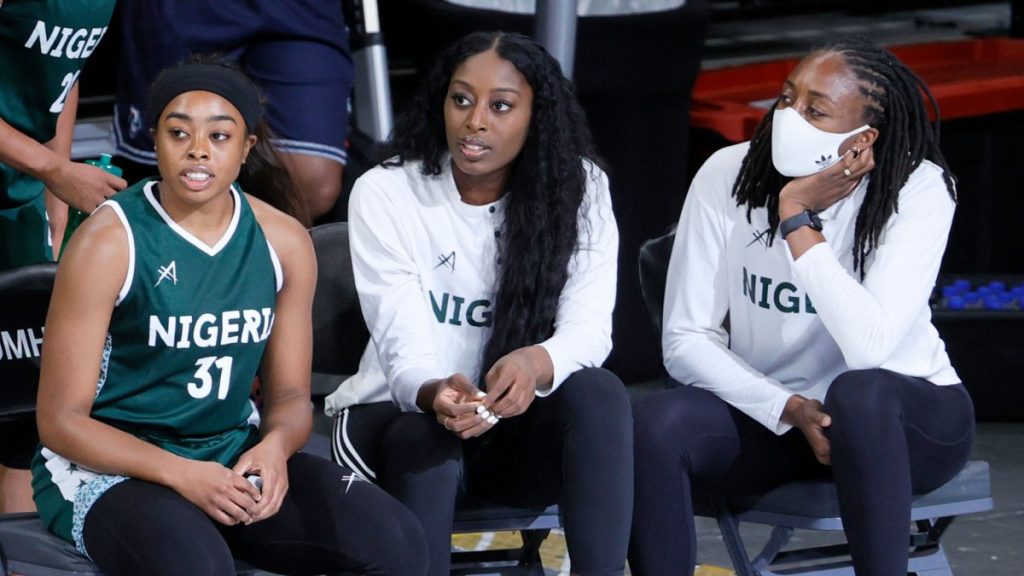
Final Thoughts
The story of Nneka Ogwumike’s repeated applications to play for Nigeria underscores the delicate balance between sport, identity, and global regulation. Her experience highlights how even the most accomplished athletes can find themselves caught in bureaucratic constraints that don’t always reflect the modern, interconnected world of international sport.
Despite the setback, Ogwumike remains one of basketball’s most respected figures, not only for her achievements on the court but also for her advocacy for fairness, inclusivity, and the rights of players. Her leadership within the WNBA and her commitment to uplifting women’s basketball globally continue to define her legacy.
While she may never wear Nigeria’s green and white in an official FIBA competition, her determination and grace throughout this ordeal have already left a mark far beyond the game itself. For many, her struggle serves as a reminder that nationality in sport is not just about geography or paperwork; it’s about belonging, heritage, and the universal desire to represent one’s roots with pride.

